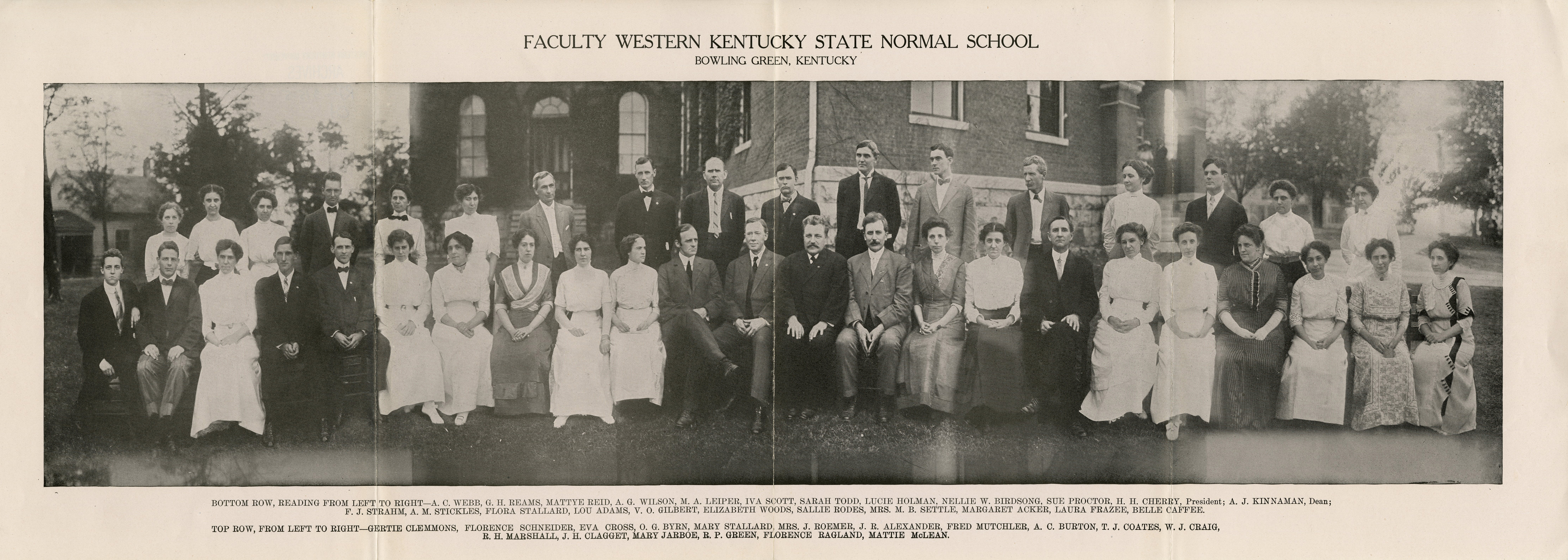Abstract
Eusebius of Caesarea innovated a system for locating Gospel parallels by sorting hundreds of sections into ten canons. Two centuries later, Victor of Capua produced Codex Fuldensis, a Vulgate New Testament replacing the separate Gospels with a harmony and the Eusebian apparatus. Whereas Eusebius’s Canon X demarcated unparalleled material, Victor’s scribe repeatedly wrote Canon X within episodes occurring in other Gospels. I argue that these paratextual solecisms illuminate the production of the codex. Victor occasionally wrote a single section number in the margin of his Vorlage to direct his scribe. The scribe then mislabeled the passage as Canon X. In later centuries, copies of the Fuldensis harmony reflect various attempts to correct these mistaken references. Paratextual criticism offers a new way to sort the Latin descendants of the Fuldensis text.
Disciplines
Arts and Humanities | Biblical Studies | Religion
Recommended Citation
Barker, James W., "Eusebian Canon Ten in Codex Fuldensis" (2022). Faculty/Staff Personal Papers. Paper 252.
https://digitalcommons.wku.edu/fac_staff_papers/252


Comments
James W Barker. "Eusebian Canon Ten in Codex Fuldensis" Vigiliae Christianae Vol. 76 Iss. 2 (2022) ISSN: 1570-0720